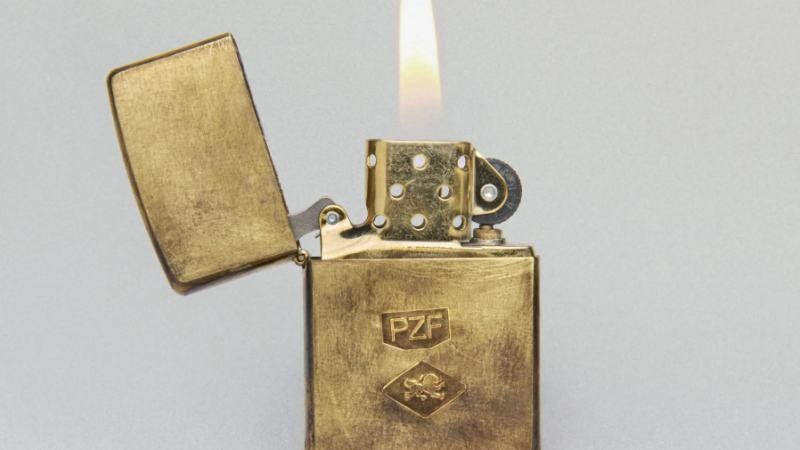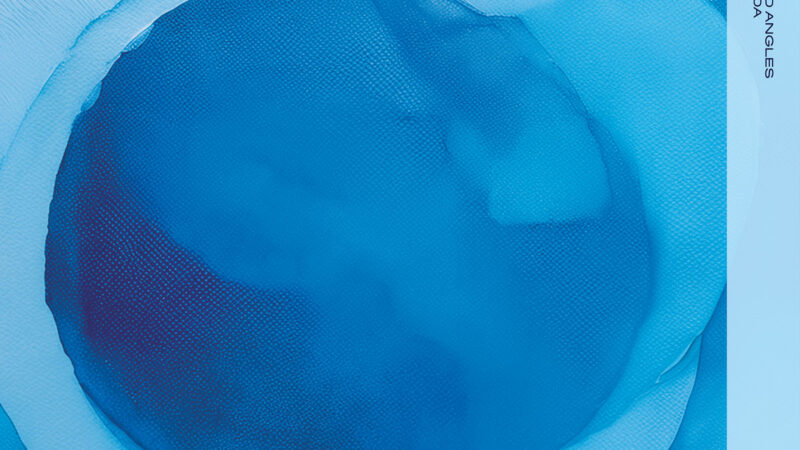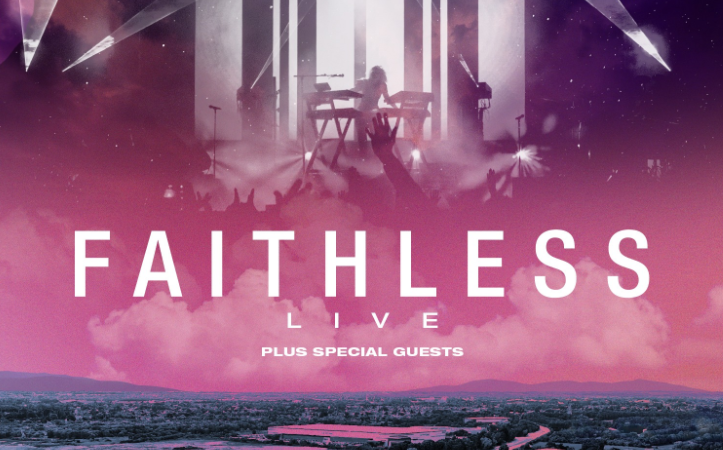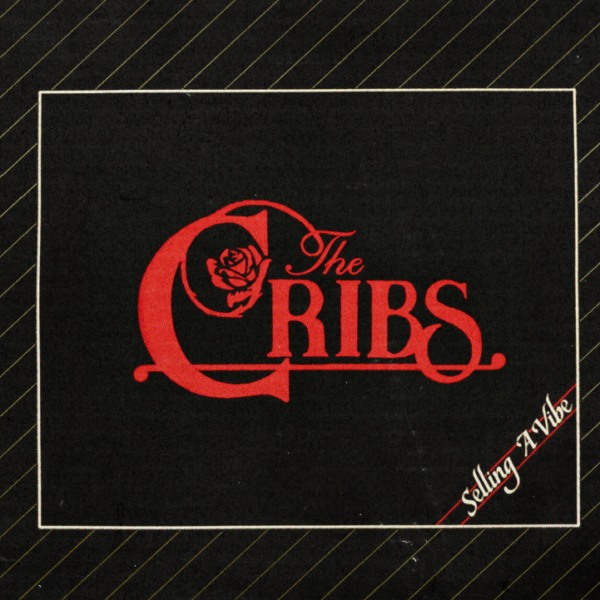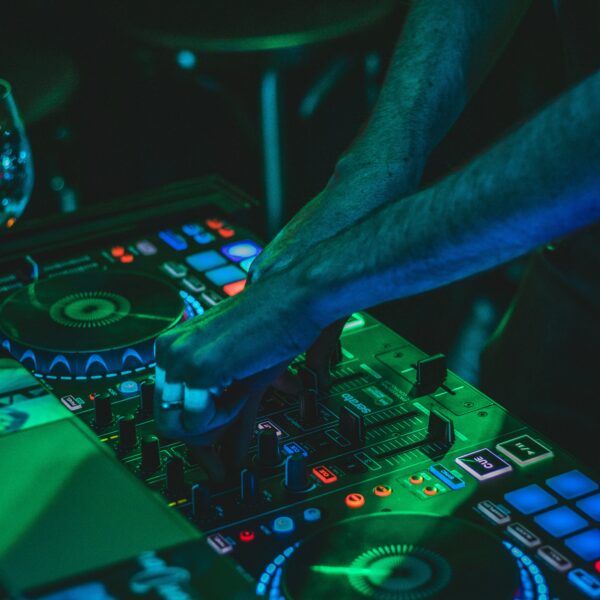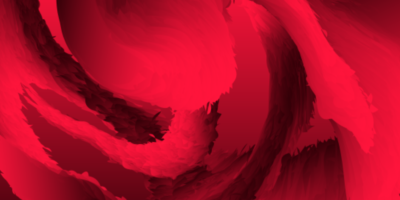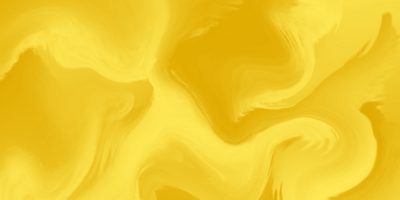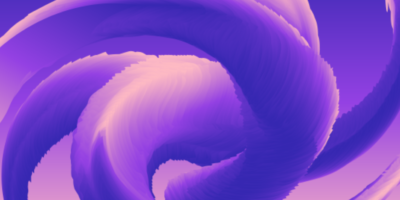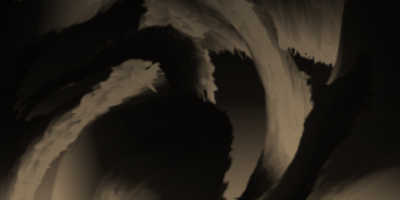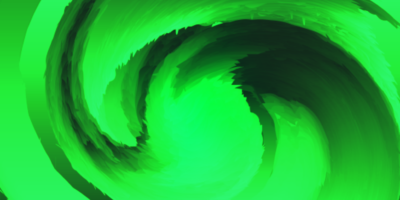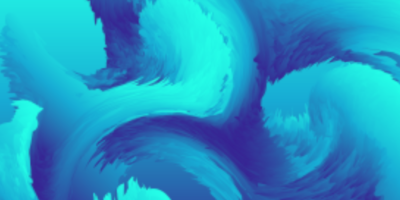FROM ANTIDOTES TO ANSWERS
Born in the blaze of a burning-down music industry and bringing guitars back to flaming life in Holy Fire, FOALS continue to make their incendiary case for being the most important British band of the day.
Britain’s indie music landscape in 2007 was weird. The preceding few years had seen guitar bands rise all over the country, from Maximo Park and The Futureheads in the North, Arctic Monkeys in the Midlands, and Libertines in the South. The foreign wave of the early noughties, those Hives and Datsuns and Strokes had broken through the levy and the Brits had flooded through, leaving a high watermark somewhere around ‘I Bet You Look Good on the Dancefloor’ but quickly receding, leaving a swampy wasteland where Kate Nash dwelt.
Broadband had made its way into people’s homes and MySpace was socializing people’s music discovery. You could sense something coming in 2007. The kids were taking over; a new industry was forming of labels, festivals, promoters and fans, mobilizing and fucking doing something. One band embodied the vivid, intelligent excitement of it all.
Seeing Foals perform live at Stoke’s Sugarmill venue late last year, it felt like that time could still be happening, but a quick check of the NME headlines revealed they’d just announced a second show at the Royal Albert Hall. The times, they have changed, and the success of Foals feels like an important milestone for anybody who came of age in that era.
“We were after all the real cool kids, and people like CSS,” Yannis Philippakis told us one morning this January, “We felt a bit nerdy and uncomfortable. We came from Oxford, which wasn’t really being represented. It was an intimidating time and we didn’t really know how to respond. It was obviously great that it all happened but we were just thrown into it. We just weren’t ready. We’d been playing tiny shows, we weren’t professional musicians at that point.”
“I found it quite stressful then, but now I can really enjoy it, and appreciate that we can put a song out after two years and people give a fuck,” he continued, before Jimmy Smith, also joining us for a chat in Newington Green round the corner from where the guys currently live together, adds, “it doesn’t feel like everybody’s out to fucking kill us all the time now”. Foals did well not just to survive the hype of their early days, but to continuously push it creatively, building their sound into something you can’t just wash away with London’s Sunday morning vomit – proved yet again with third album Holy Fire.
“In many ways we’re a completely different band now. It’s nice that you’re able to see that thread from then to now though. It’s like you shed skins, as a person, and as a band. You just evolve. There’s definitely more confidence, but I think the way [the Stoke show] was played particularly was as much to do with how much whiskey we’d had. It’s more direct and looking outward than it was in 2007.” Yannis is talking about the live show, but the same applies to their songwriting too. It’s no revelation that Foals have shifted gear on each record. The first was jerky math rock, the second otherworldly, and now Holy Fire is a firming of those two, while “pushing extremes.”
In the earlier days they were trying to comprehend what it was they were doing, with every song written stabbing towards identity. They had a very strict aesthetic template for what they wanted to do, and everything since then has been about evolving that and getting more intuitive with each other, and less and less to do with a preconception about how they should sound. As Yannis sums up, “there’s a refreshing lack of discussion on this record.”
On their lingering 18-years-old mentality towards approaching music, Yannis talks again about how his tastes have changed, becoming more open to classic or canonical ways of writing, and simpler ways of writing. He says, “songs on Antidotes, like ‘Heavy Water’, it’s like they’ve been structured by a caveman. It’s like A… B. There’s a brutality to it that’s really fun. There were songs on this record, like ‘Providence’, where we weren’t trying to re-inhabit that mentality. We didn’t want to refine it in any way, but allow it to be as primitive as possible.”
In terms of the headspace of the band now, Yannis says they’re “moving towards this point… I feel like we started on the outside of it and we’re heading to that moment where we’ll either combust or do something magical. A point where we’re almost telepathic. I don’t know if it’ll ever happen, but it would be nice if we got to a place like that.”
Yannis says there’s “a healthy level of hostility for anybody that tries to interfere with us creatively”, and having been left to develop themselves, and it working, you can’t imagine anybody really “fucking with that winning formula.” The truth is that Foals have learned the boundaries of songwriting, earning their stripes on Total Life Forever, and now the space their music can occupy is their own, separate from any hysteria of 2007 or auditory expectation from fans, with horizons further away than their eyes can appreciate, squinting from the brilliance of Holy Fire.
The new record is more lyrically open than we’ve heard before as well, it feels more personal, with Yannis wanting to “write from a place where if I listened to a track with you present, or with my mother present, I want to feel uncomfortable and want to squirm. I want to feel like there’s genuine unpleasant vulnerability in the lyric and not just a nifty phrase.” That’s unmistakable on the seeming loneliness of ‘Late Night’, which you’re so sure is going to explode into madness. Everything you know about Foals is telling you the track will combust, but instead you’re drawn into the line “oh momma do you hear my fear”. It’s contrasted by the line “never be afraid again” and the surreal joy of ‘Out Of The Woods’, which, played jointly, give a chaotic and enthralling display of the conviction of Foals.
This album really throws you from side to side, bashes you on the temple a few times and picks you up just long enough for a kneecapping. There’s no clear sound or vision, but that’s its genius. This is Foals let loose, sent to Kavos on mum and dad’s credit card. It’s what made a song like ‘Inhaler’ come out of nowhere and surprise everybody with its meat, it’s wild and visceral sonic carnage. It’s the recklessness of what they came from in 2007, that era when electricity was felt running through the veins of the country, but sharper, absolute, frank and modest; very mature and very involuntary.
